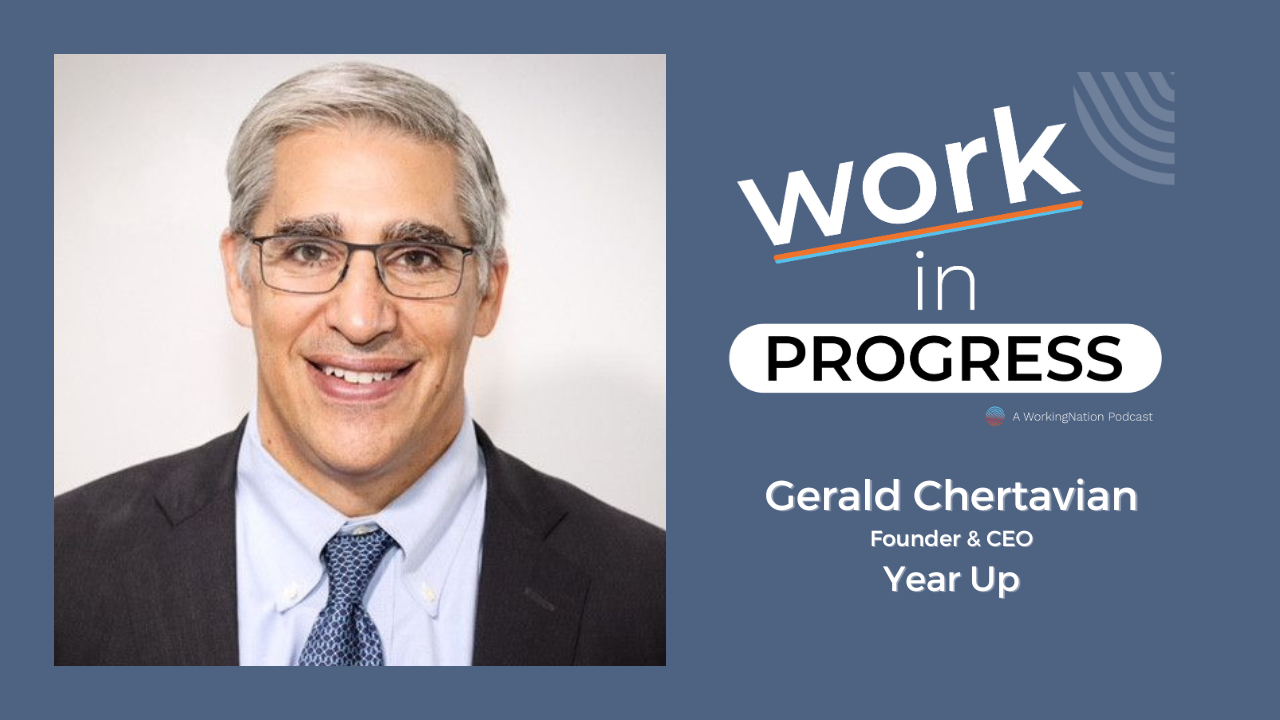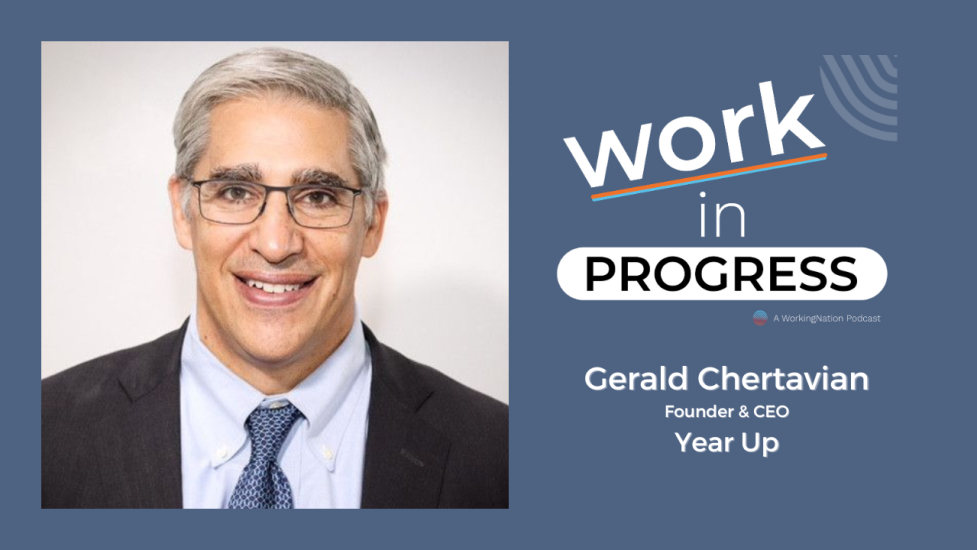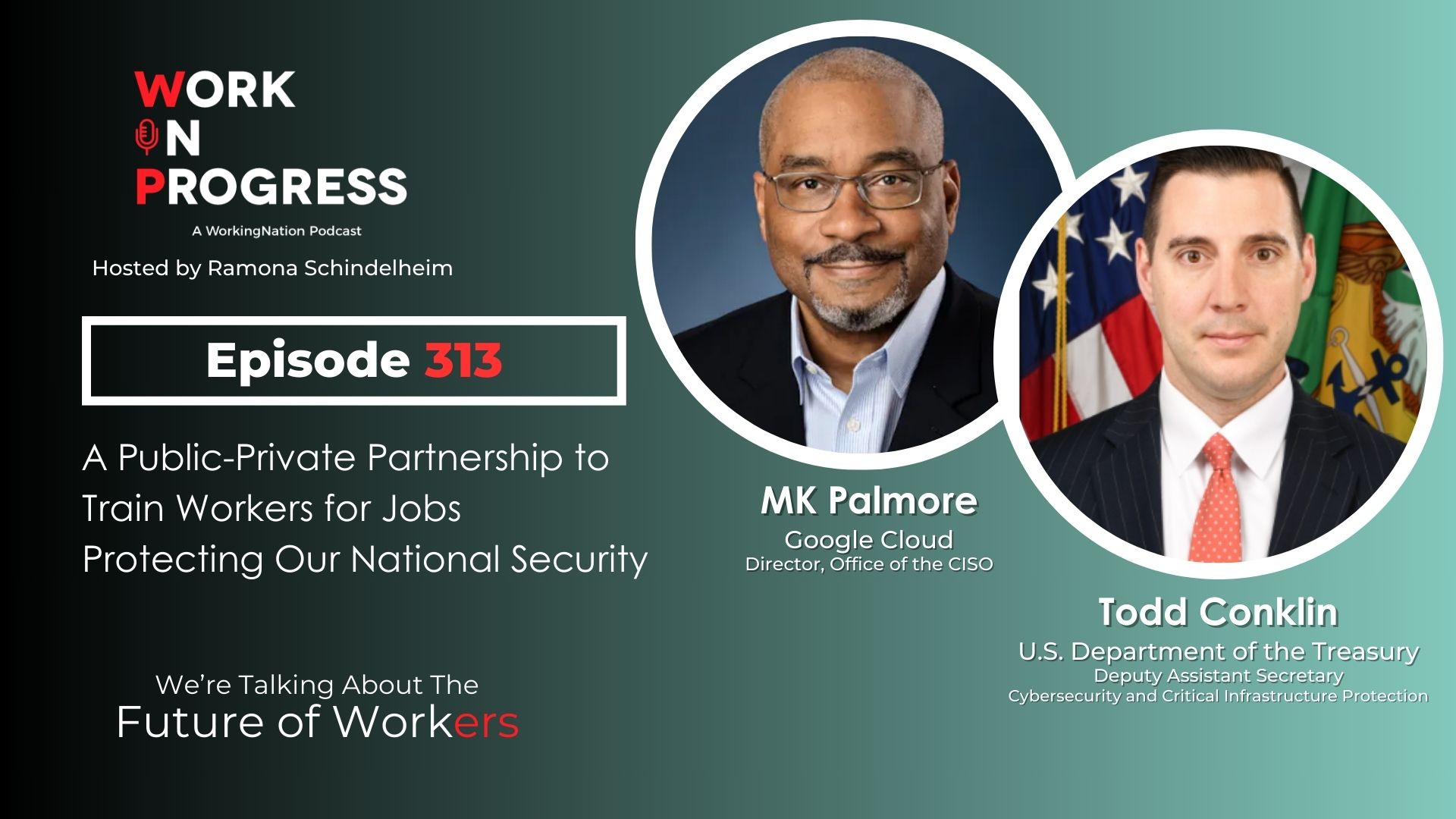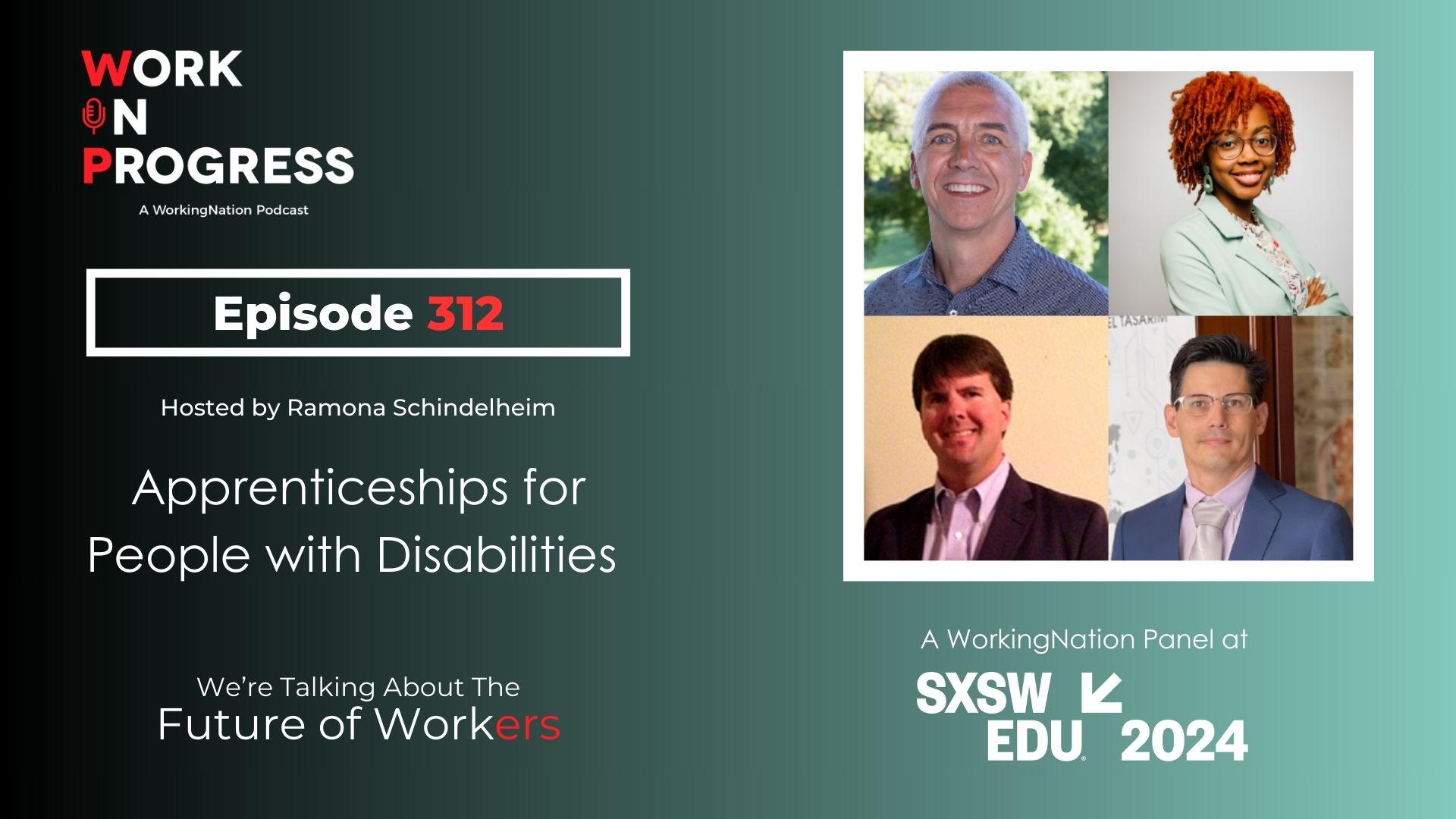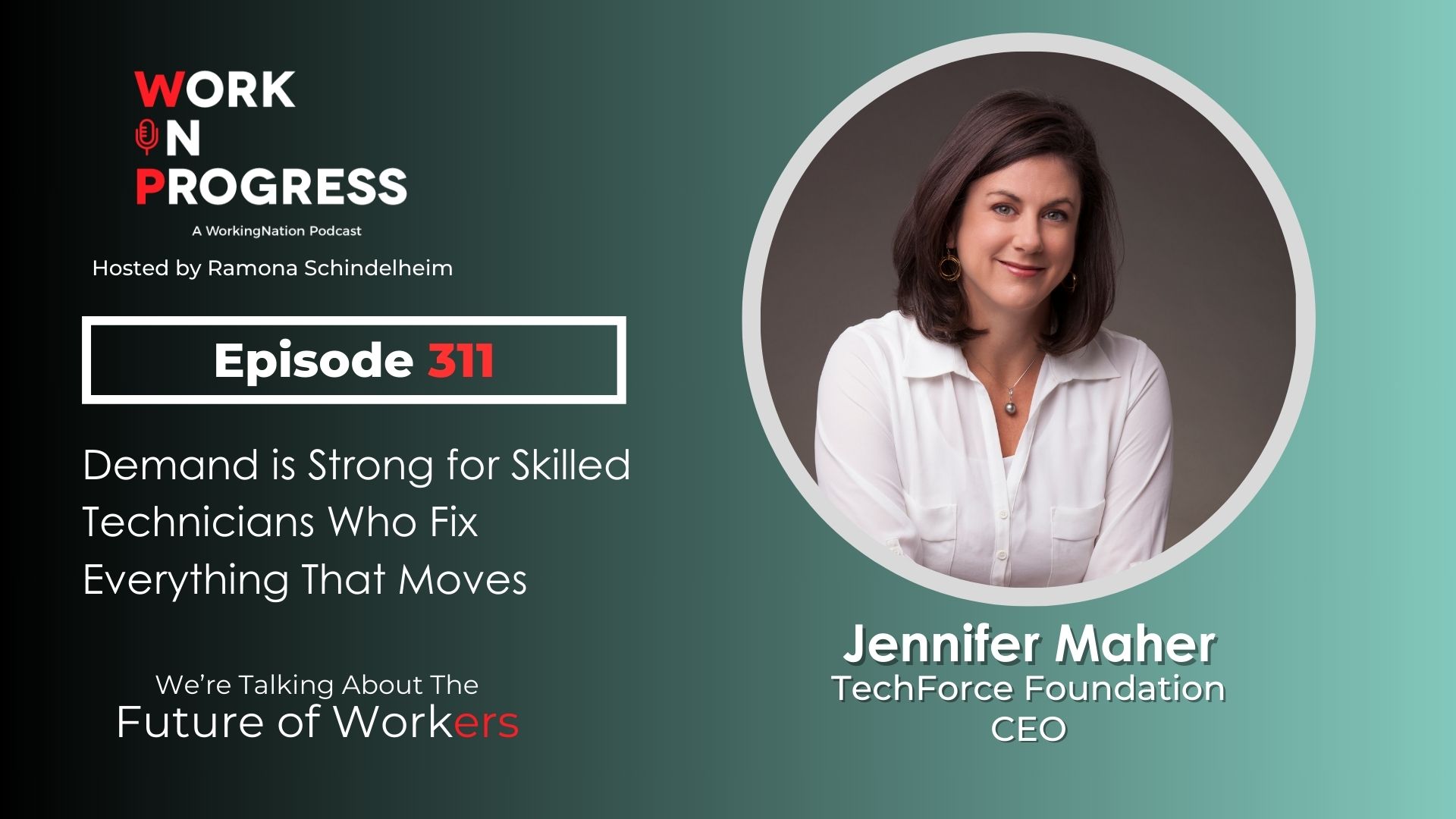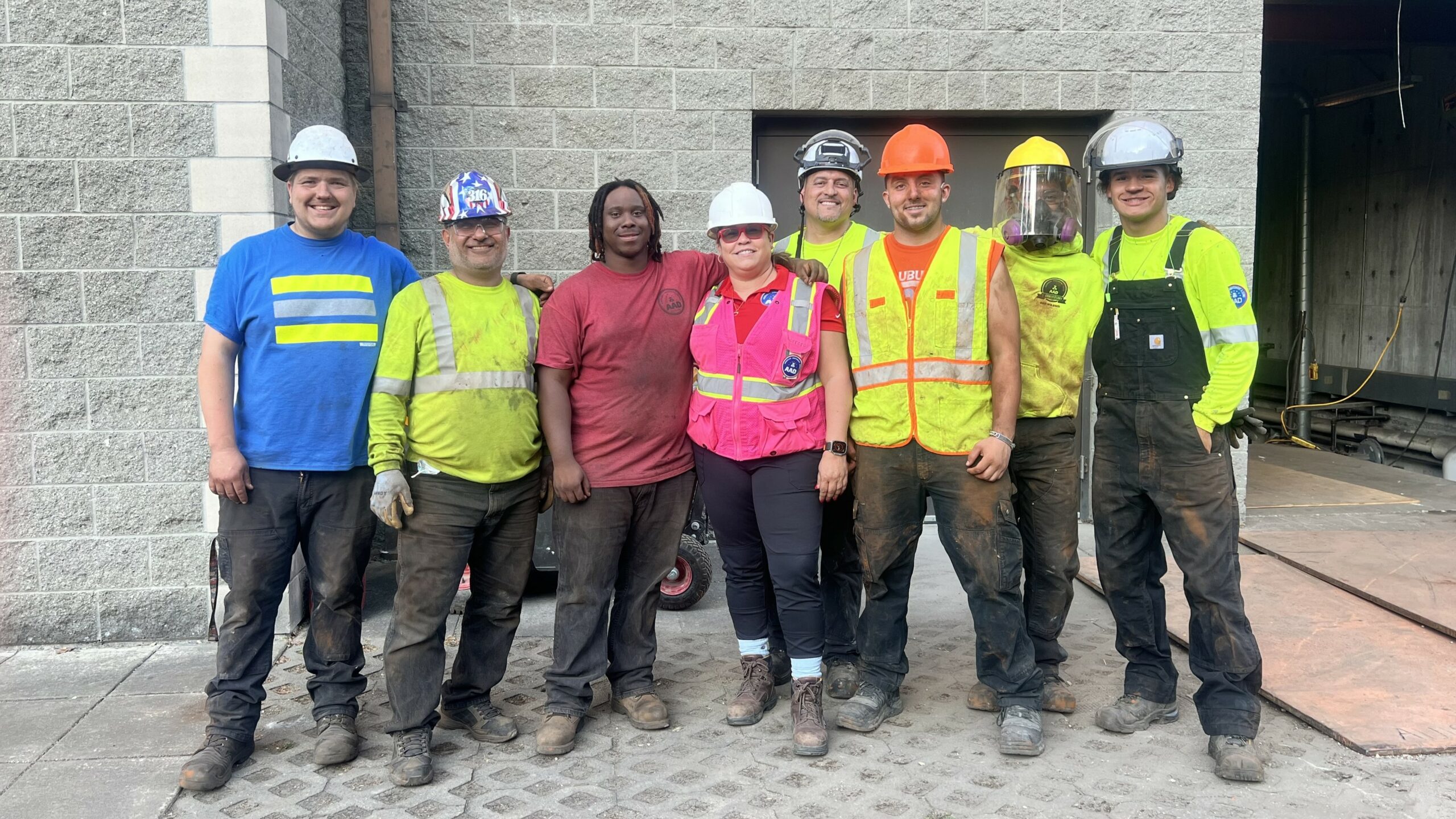Podcast: Play in new window | Download | Embed
Subscribe: Apple Podcasts | Google Podcasts | Spotify | Pandora | Youtube Music | RSS
In this episode of Work in Progress, I speak to Gerald Chertavian, founder and CEO of Year Up, a nonprofit helping young adults in underrepresented communities get started in livable wage careers on a pathway to economic mobility.
Year Up has three interconnected strategies – providing targeted skills training and connections to livable-wage employment for students and alumni; empowering others to serve and support young adults; and changing systems that perpetuate the opportunity gap.
Since its founding in 2000, Year Up has served more than 40,000 young people.
“We work with low-income 18-to-29-year-olds, and in one year or less, empower those young adults to go from either low-income or no-income to livable wage careers, often with the largest, best companies in this country,” explains Chertavian. “Year Up’s intensive training program utilizes a high expectations, high support model where students learn in-demand technical and professional skills and apply them during a corporate internship.”
The nonprofit works with about 60% of the Fortune 100 companies.
“What we’ve proven over the years is we can become a relevant, valuable source of talent. What do you need to do? You need to teach someone hard skills and soft skills. You need to provide wraparound support, and then you need to coach them into a job that you’re working with the manager as well as the individual to make sure that that’s a successful transition into work,” he adds.
Chertavian says these young adults come to Year Up directly – through a referral from a guidance counselor or someone else – but often the companies that have worked with the nonprofit previously come back to them again and again, seeking talent.
“When I started Year Up, I would walk over broken glass on my knees for a mile to get one internship. Now we’ve validated this, so we’ll place 500 people a year into Bank of America, hundreds a year into JPMorgan Chase. We’ve really built the infrastructure to do this at scale.
“Bank of America came to us and said, ‘We want to work with you to build a program for 400 software engineers per year. How do we do that?’ So, three years down the road, these young adults – despite not having finished a four-year degree – are indistinguishable from folks who may have come from a different path.
“This works well when the partner’s engaged, when they see our young adults as talent and they’re willing to change some of their practices to be more inclusive and equitable, for those who haven’t had all the opportunities that some others may have had through privilege of birth and circumstance,” Chertavian tells me.
He says this has been the success behind the program and he believes if more employers change their hearts and their minds, we would have more equitable hiring throughout the workforce, leading to more economic mobility.
“If one thing could change, it is people who have power to make decisions see our young people as talent – those who may not have had access to a four-year degree; those who may have come from a background that may have been underrepresented or underserved – and recognize that God did not distribute intelligence by ZIP Code and bank balance and that talent does reside everywhere, even though opportunity doesn’t.
“As a person who has power you can change the way your company operates. You can adopt skills-first hiring. You can see the community as relevant and valuable talent. Give me belief change, and a lot of good things are going to flow from that in terms of how companies behave and ultimately the impact they have on creating a much more economic mobility for the communities within which they live and serve.”
You can listen to my full interview with Gerald Chertavian here, or wherever you get your podcasts.
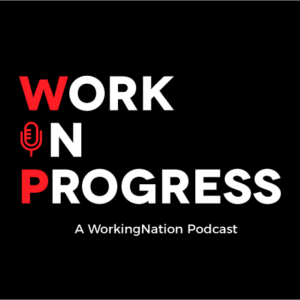
Episode 275: Gerald Chertavian, founder & CEO, Year Up
Host & Executive Producer: Ramona Schindelheim, Editor-in-Chief, WorkingNation
Producer: Larry Buhl
Executive Producers: Joan Lynch and Melissa Panzer
Theme Music: Composed by Lee Rosevere and licensed under CC by 4
Download the transcript for this podcast here.
You can check out all the other podcasts at this link: Work in Progress podcasts

